The meeting “Normandy format” is a quadripartite relationship between France, Germany, Russia and Ukraine, with the aim of resolving the crisis in Donbass.
Since 2014, the year of the first meeting organized in Bénouville by François Hollande during the Normandy Landing commemorations on June 6, a semi-official quadripartite meeting has been held between Russia, Ukraine, Germany and France to calm the tension after the annexation of Crimea by Russia and the armed conflict in eastern Ukraine with pro-Russian separatists, supported by Moscow according to Kiev.
For 5 years, the conflict in Donbass (the entire region east of Ukraine) has left 13,000 dead and nearly 2 million displaced.
The last Summit in October 2016 in Berlin was unfortunately a failure but the meeting of 9 December 2019 in Paris seems to show progress towards sustainable solutions.
Before the meeting, opponents of the application of the Minsk agreements demonstrated in Kiev and Ukrainian expatriates in France demonstrated in Paris on December 8 in Place St Michel against Russia. Before the arrival of the participants, 2 FEMEN succeeded in breaking through the barriers and protested topless while chanting “Stop Putin’s war” before being arrested.
Since the election of Volodymyr Zelensky, the meeting between the Russian and French Presidents in Bregançon last August, a prisoner exchange took place in early September, including 24 Ukrainian sailors and 10 other Ukrainian citizens, including filmmaker Oleg Sentsov. Russia also handed Ukraine its three small ships on 18 November.
The meeting of December 9 focused on the Minsk agreements (2014/2015), completely blocked, but also on gas with the agreement concluded in 2009 to regulate the transit of Russian gas from Ukraine to Ukraine; this agreement between the Russian Gazprom and the Ukrainian Naftogaz expires on December 31, 2019.
After the quadripartite meeting of about two hours, Presidents Zelensky and Putin had a bilateral exchange to bring about a peaceful situation.
– During the press conference, President Macron spoke of a “rich, nourished and fruitful” discussion, based on “disengagement, the exchange of prisoners and the clarification of the cease-fire”. He also added that it was necessary to work on the security and political conditions for the organization of local elections, stating that a new meeting in “Normandy format” would take place in 4 months.
“The Normandy format is” the only “diplomatic format to implement the Minsk agreements,” said the French president. On a question concerning social movements in France, he replied with humor (“I fully reassured Vladimir Poutine by telling him that the demonstrations in Paris absolutely did not concern pension reform in Russia”.)
-Angela Merkel spoke of an agreement for a ceasefire in eastern Ukraine between the leaders; the most difficult point being the implementation of the political provisions of the Minsk agreements. “There will be an extension of the law on the special status of Donbass” … “the aim is to organize local elections accepted by the OSCE,” she added.
– For Kiev, before a poll, it is necessary to ensure the control of the borders, the disarmament of the rebels and the departure of the Russians supporting them. Ukrainian President Volodymyr Zelensky stressed security issues and then settled political issues. The 4 leaders agreed to implement the ceasefire before the end of 2019. He also declared that the release of all prisoners should take place before December 31, 2019. Volodymyr Zelensky also insisted on “the need for Ukraine to restore full control over its border” and on disarmament in the Donbass regions, rejecting any idea of federalization of Ukraine and claiming that “Donbass” like Crimea were Ukrainian territories .
-For Moscow, the resolution of the conflict in eastern Ukraine involves the adoption of a statute of autonomy for the separatist territories of Lugansk and Donetsk, then the holding of local elections in these regions. Vladimir Putin said that a disengagement had already begun in the 3 rebel zones and that he should continue. He would like an amendment to the Ukrainian constitution concerning a special status for Donbas.
“We have adopted a joint declaration which underlines the importance of the continuous and unconditional application of the Minsk agreements,” added the Russian president while wishing that a dialogue opens between the parties to the conflict. The parties agreed on immediate measures to stabilize the situation in conflict zones. “The process is developing in the right direction, because there have been prisoner exchanges, because we have reached a disengagement in three key points and because we found ourselves in this Normandy format” By the end of the year, 35 Russian prisoners will be exchanged for 35 Ukrainian prisoners.
Regarding the decision of Berlin to expel Russian diplomats following the murder of a Georgian, Vladimir Putin said he was a criminal sought by Moscow for organizing attacks but Russia will help Germany in its investigation. However “There are unwritten rules, you have expelled our diplomats, we will expel yours,” he added.
On the Tokyo Olympics in 2020 and Beijing in 2022 where Moscow is banned from participating for 4 years due to doping, the Russian President invoked the “politically motivated decision” of the AMA (Agency World Anti-Doping), believing that this contradicted the Olympic charter. “There is no reproach to the Russian Olympic Committee, and if there is no criticism of this committee, the country must participate in competitions under its national flag,” he said.
In conclusion, we must remember the progress made at this summit; however, the new EU High Representative for Foreign Affairs, Joseph Borell has ruled out an immediate lifting of the sanctions imposed on Russia. “Without solution (to the question of Ukraine), there will be no change to the EU sanctions against Russia,” he warned jointly with the French Minister of Foreign Affairs, Jean-Yves Drian.
1. Immediate measures to stabilize the situation in the conflict zone:
Ceasefire before the end of 2019
Development and implementation of an updated mine action plan based on the Trilateral Contact Group decision on demining activities dated 3 March 2016.
Dedication of forces and equipment by the end of March 2020.
Liberation and exchange of prisoners by the end of 2019.
Full and unconditional access to international organizations, including the ICRC, to all detainees.
Agreement within the Trilateral Contact Group within 30 days on new crossing points along the contact line on humanitarian criteria.
The Special Observer Mission of the Organization for Security and Cooperation in Europe in Ukraine (MSOU) must be able to have safe and secure access throughout Ukraine in accordance with the mandate of 21/03 / 2014.
2. Measures to implement the political clauses of the Minsk agreements
Find an agreement by the parties, in the Normandy (N4) format and the Trilateral Contact Group on all legal aspects of the special provisions of local self-government (special status) of certain areas of the Donetsk and Luhansk regions, as indicated in the Package of Measures for the Implementation of the 2015 Minsk Agreements, to ensure that it operates on an ongoing basis.
Integrating the Steinmeier Formula into Ukrainian legislation in line with the N4 and the Trilateral Contact Group version is necessary.
3. Follow up
Ask political advisers and foreign ministers to ensure the implementation of agreements found and agree to hold a new meeting in this format within the next 4 months, including the political and security conditions of local elections.
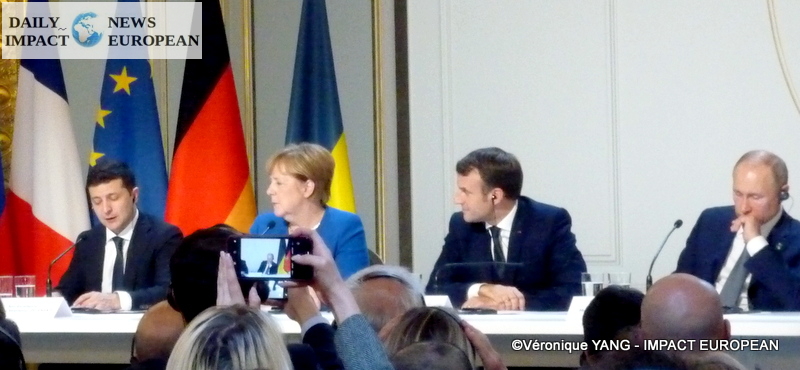
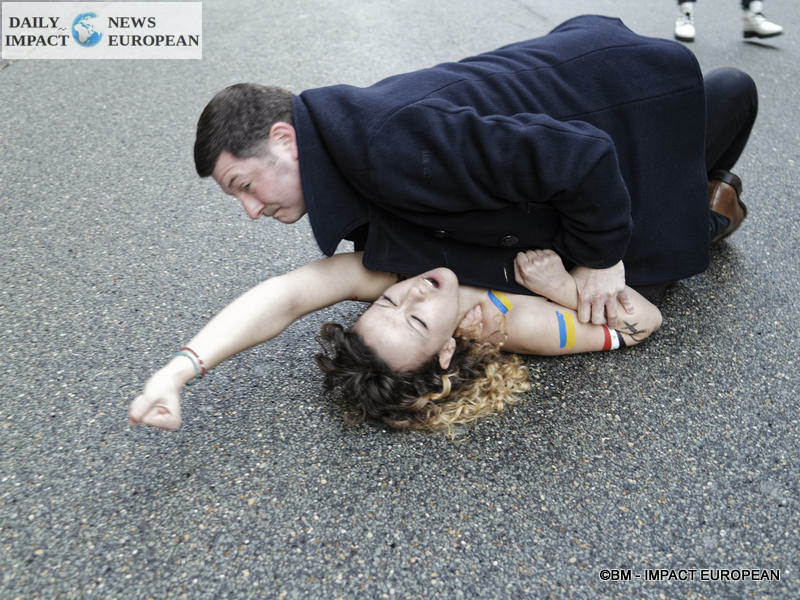
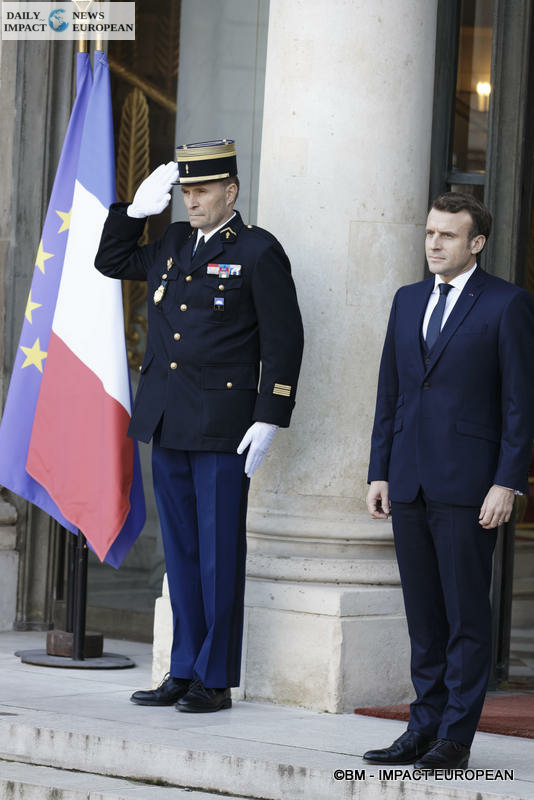
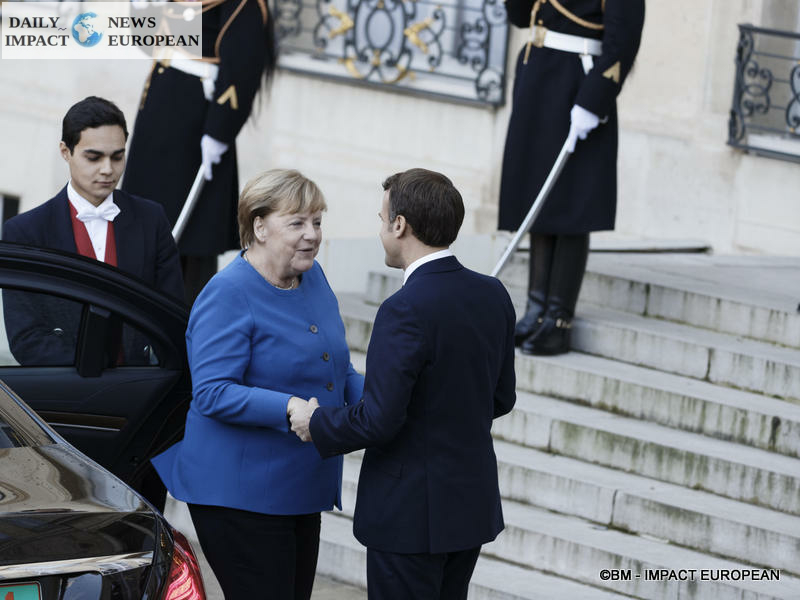
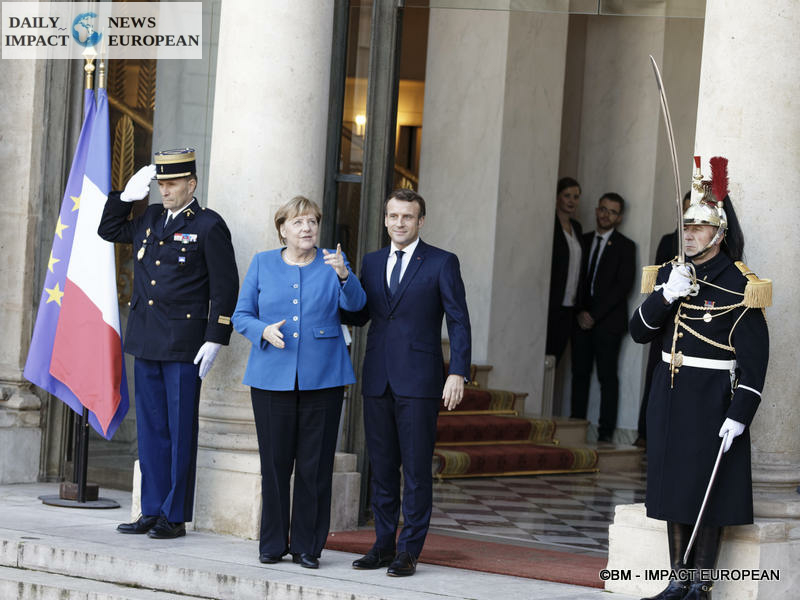
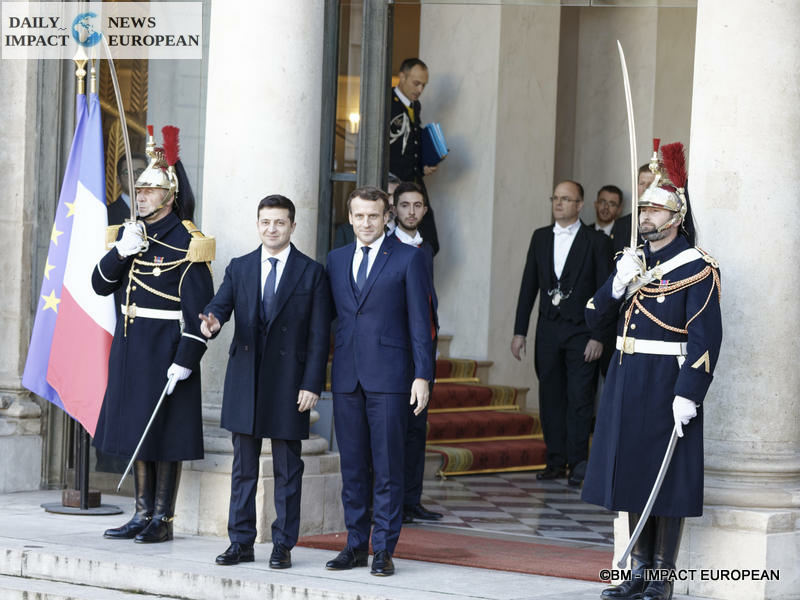
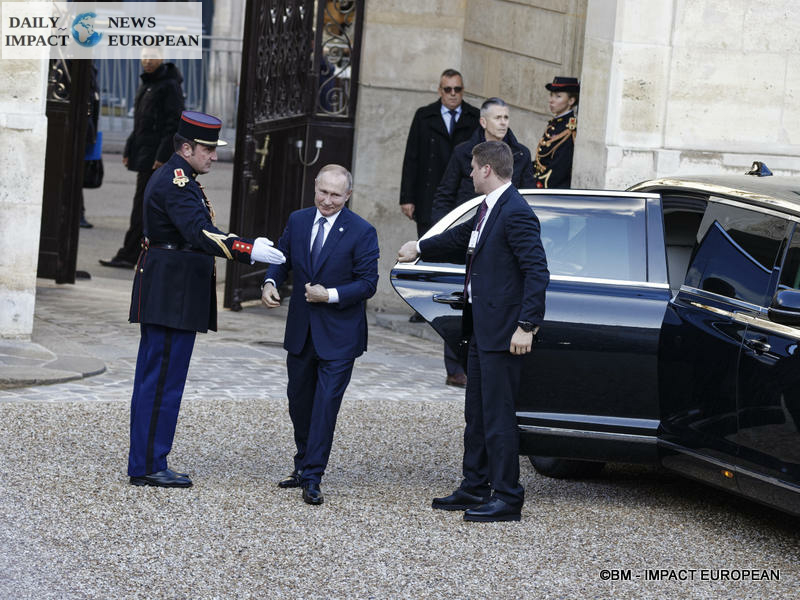
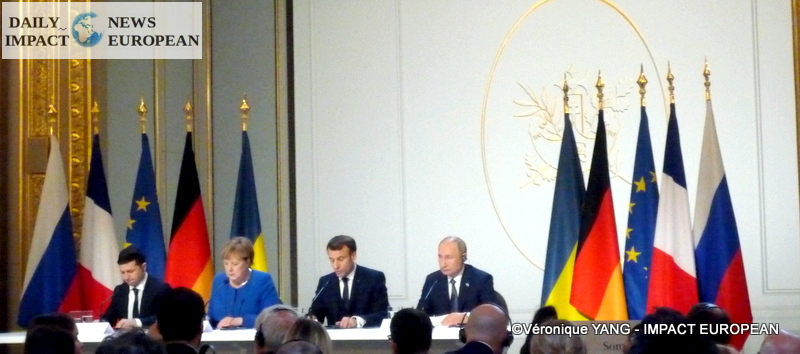
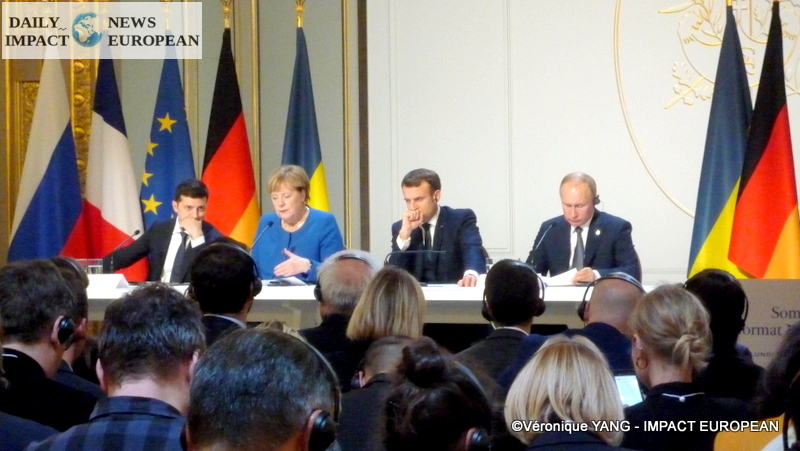
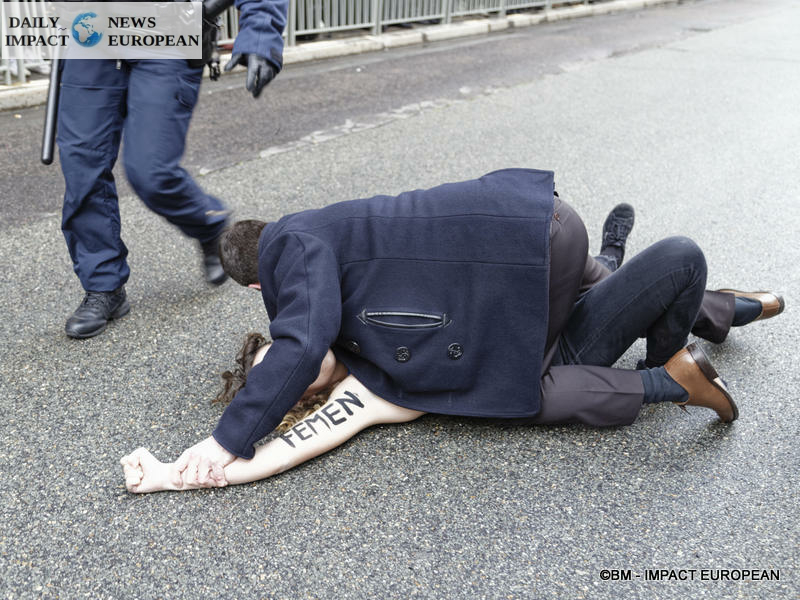
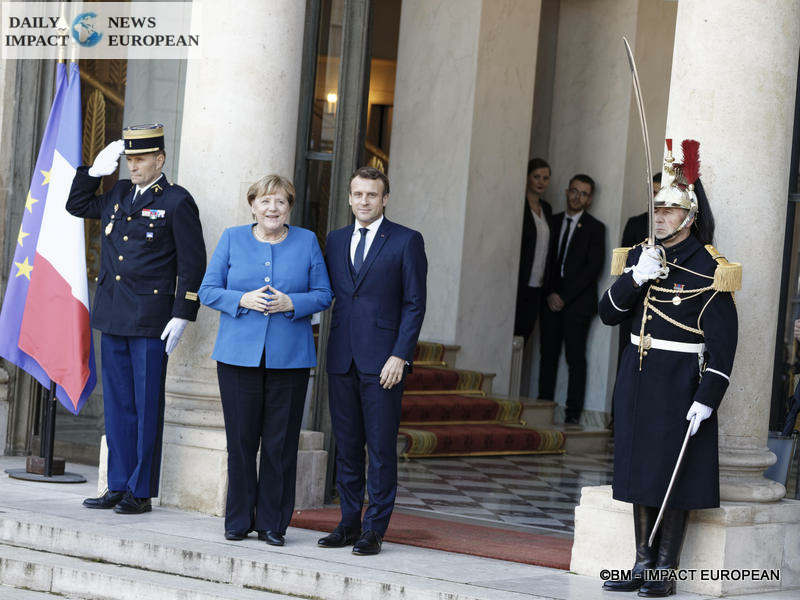
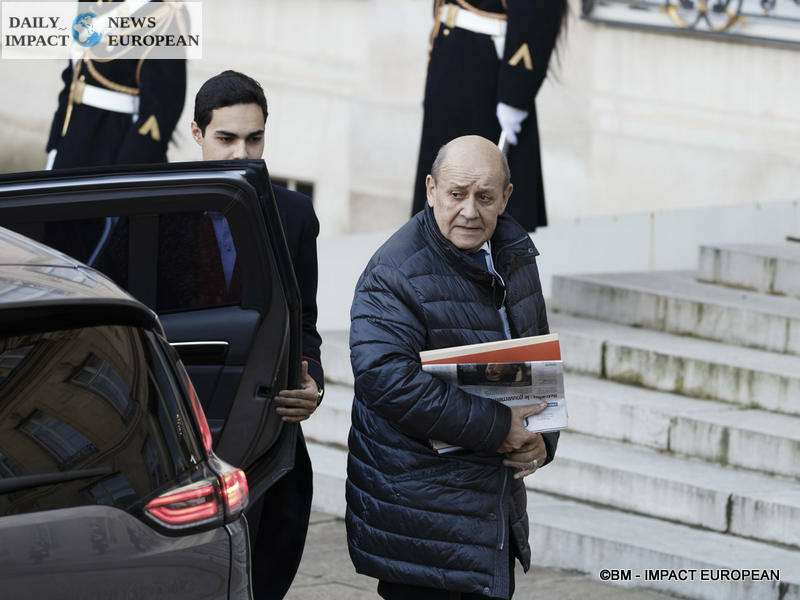
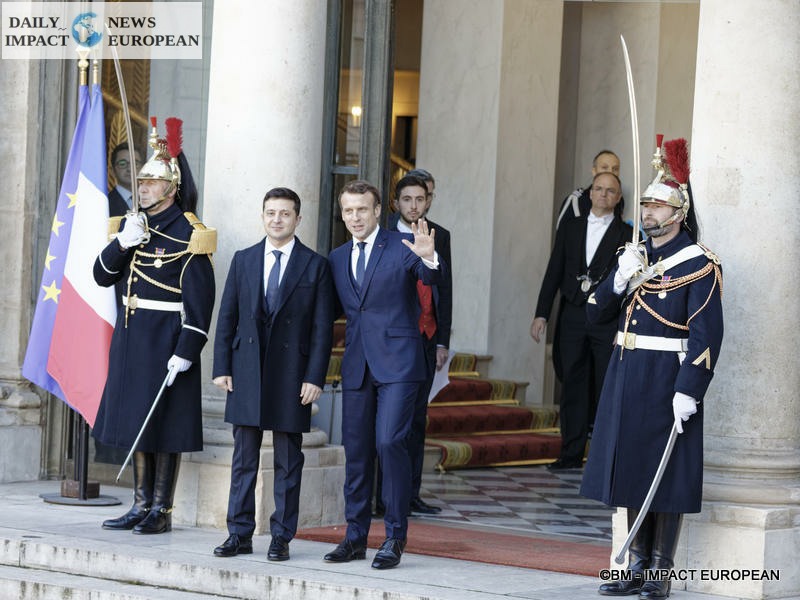
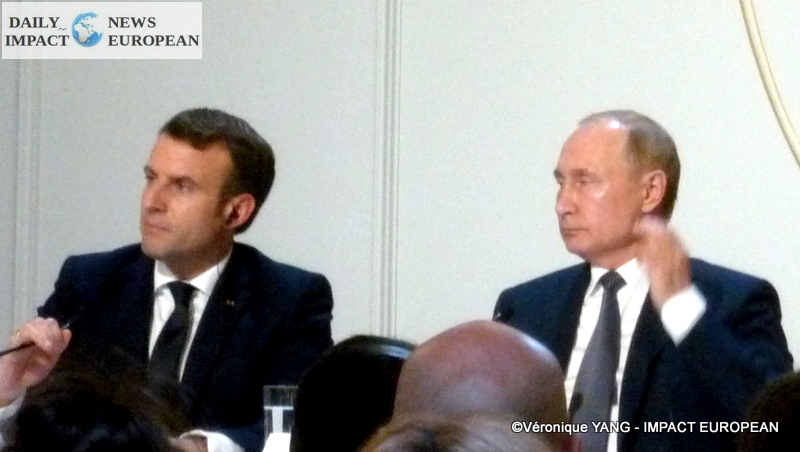
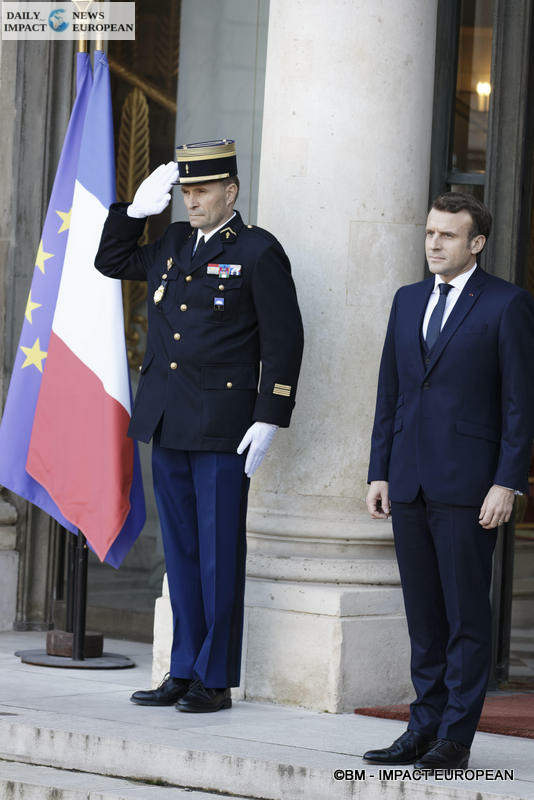
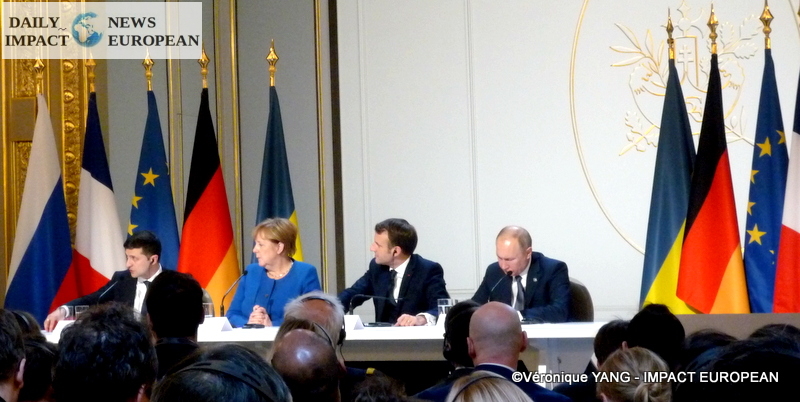
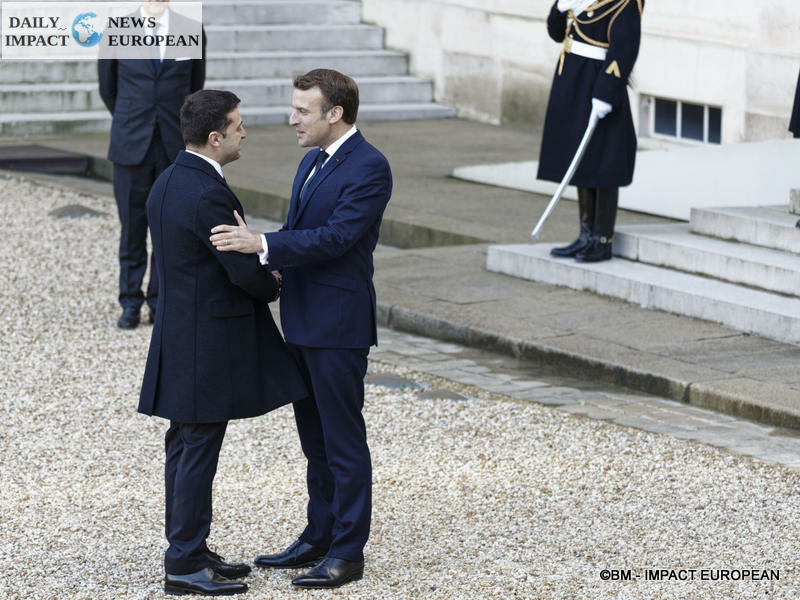
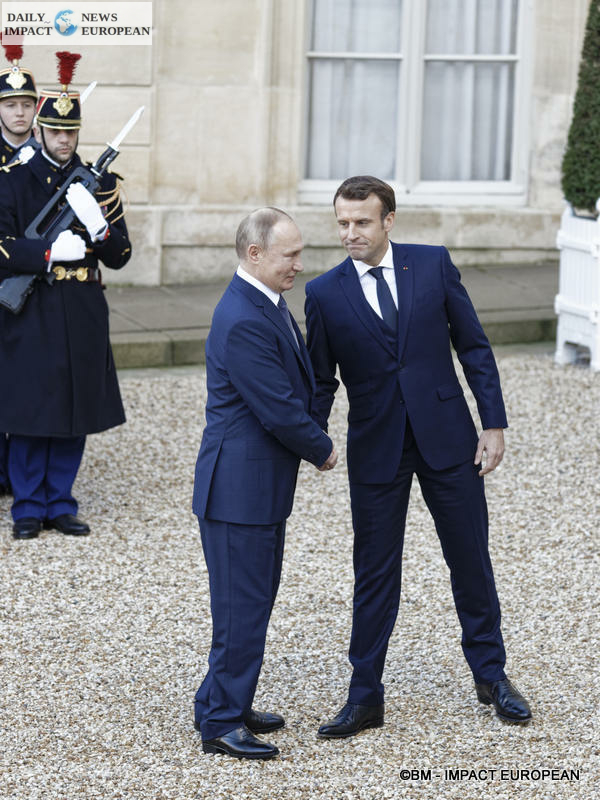
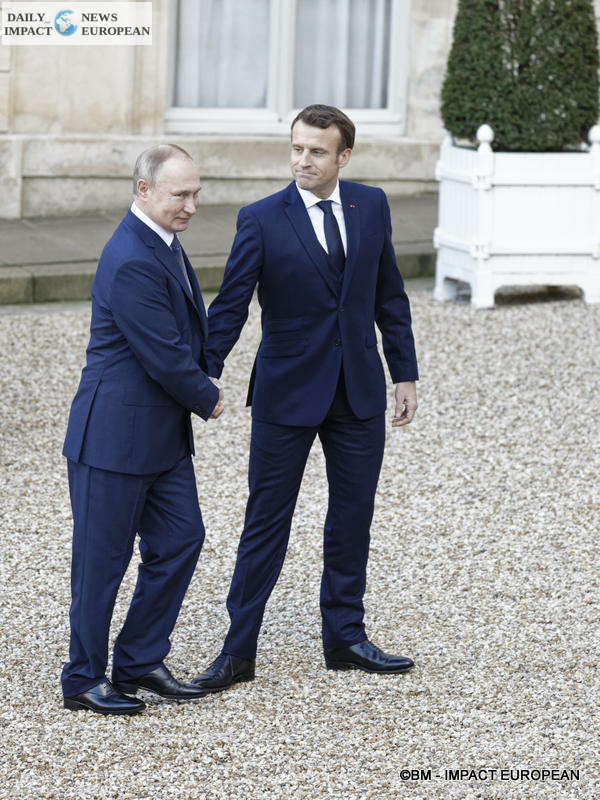
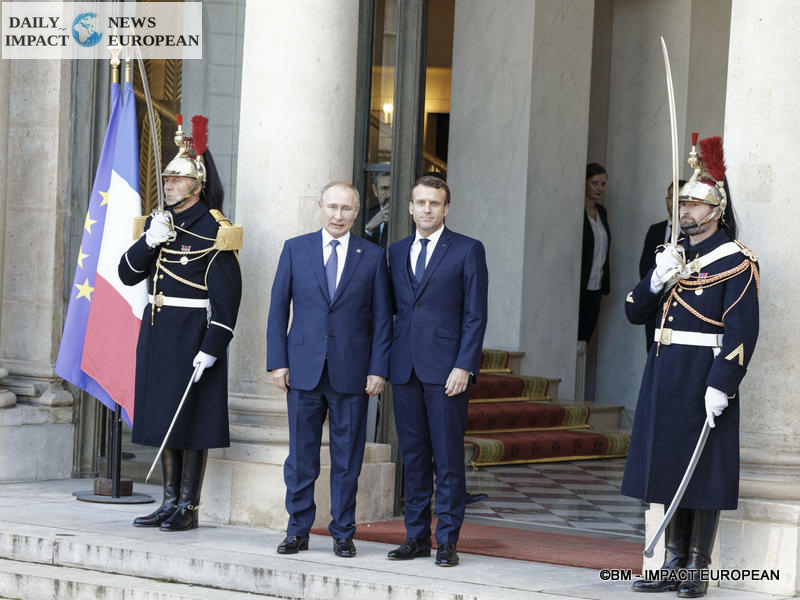
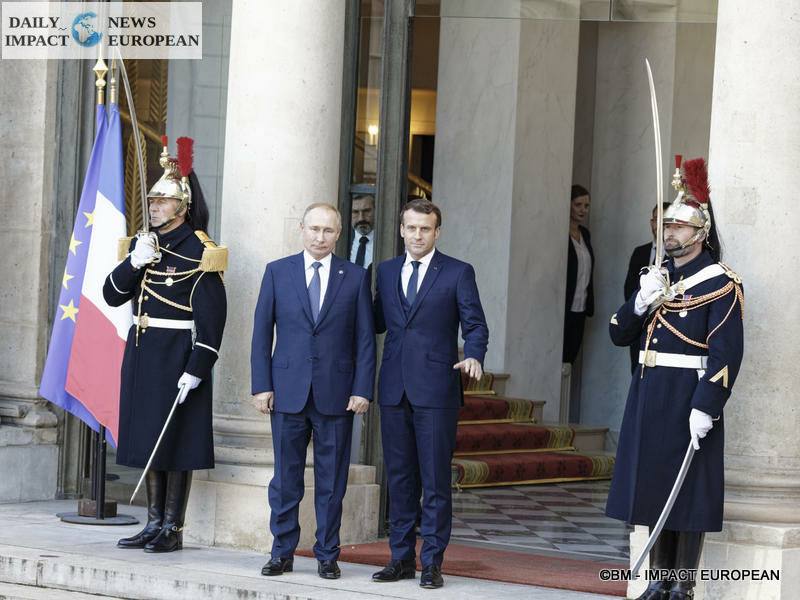
More Stories
Trenitalia: improves travel solutions for its passengers by reducing carbon emissions
Ivory Coast welcomes its success at CAN 2023
Paris: The African Book Fair highlighted by its 3rd edition